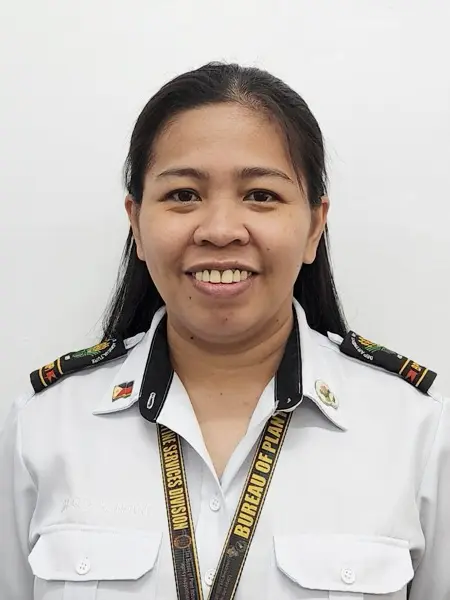
Ellaine T. Molon has been with the Bureau of Plant Industry (BPI) since 2005, serving as a Deputized Plant Quarantine Officer within the National Plant Quarantine Services Division. As the National Plant Protection Organization (NPPO) of the Philippines, BPI operates as the regulatory arm of the Department of Agriculture, overseeing the import, export, and domestic movement of plants, planting materials, and plant products.
Ellaine T. Molon has been with the Bureau of Plant Industry (BPI) since 2005, serving as a Deputized Plant Quarantine Officer within the National Plant Quarantine Services Division. As the National Plant Protection Organization (NPPO) of the Philippines, BPI operates as the regulatory arm of the Department of Agriculture, overseeing the import, export, and domestic movement of plants, planting materials, and plant products.
Ms. Molon holds degrees from both the University of the Philippines Los Baños and Cavite State University, providing her with a strong foundation in the field of agriculture. Her background and expertise in this field have been crucial in her role, especially in her involvement in the formulation, review, and implementation of both international and national standards pertaining to plant biosecurity and phytosanitary measures.
In her capacity as a member of the Pest Risk Analysis Team, Ms. Molon conducts thorough assessments to evaluate the risks associated with importing plants and plant products into the Philippines. Her work is vital in ensuring that these agricultural commodities imported into the country are compliant to the sanitary and phytosanitary requirements of the country, providing additional protection to the country’s agricultural resources.
Abstract Perspectives from NPPOs on Phytosanitary ComplianceThis presentation will provide the vital role of the NPPO in facilitating efficient and pest-free seed movement which are critical factors for ensuring food security in the Philippines. It will specifically address the implementation of ISPM 38, highlighting the rationalization and harmonization of the phytosanitary requirements based on intended purpose and pest risk of seeds which will be moved internationally. Moreover, highlights the importance of strengthening NPPO capabilities in seed testing and certification, as well as the accreditation of private laboratories. This also presents the ongoing collaboration among stakeholders to promote efficient and safe seed trade.
| Time | Session |
|---|---|
|
16:30
17:25
|
Moderated by Mary Ann Sayoc, Chair, APSA Standing Committee on International Trade & Quarantine
|